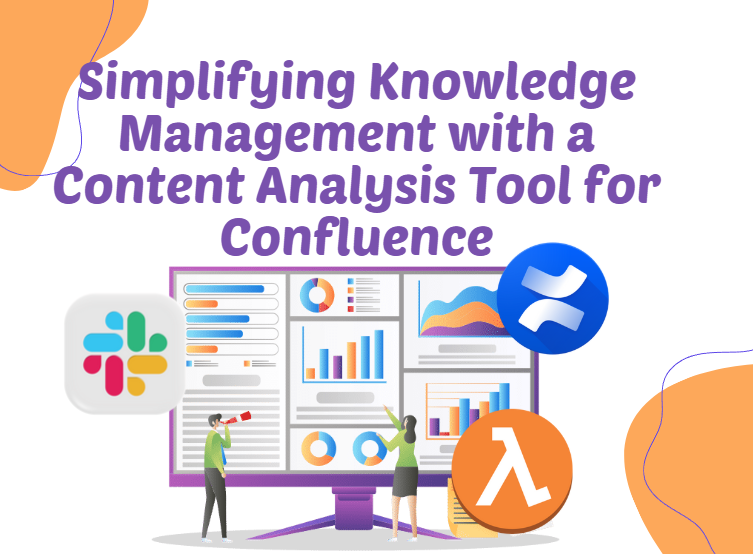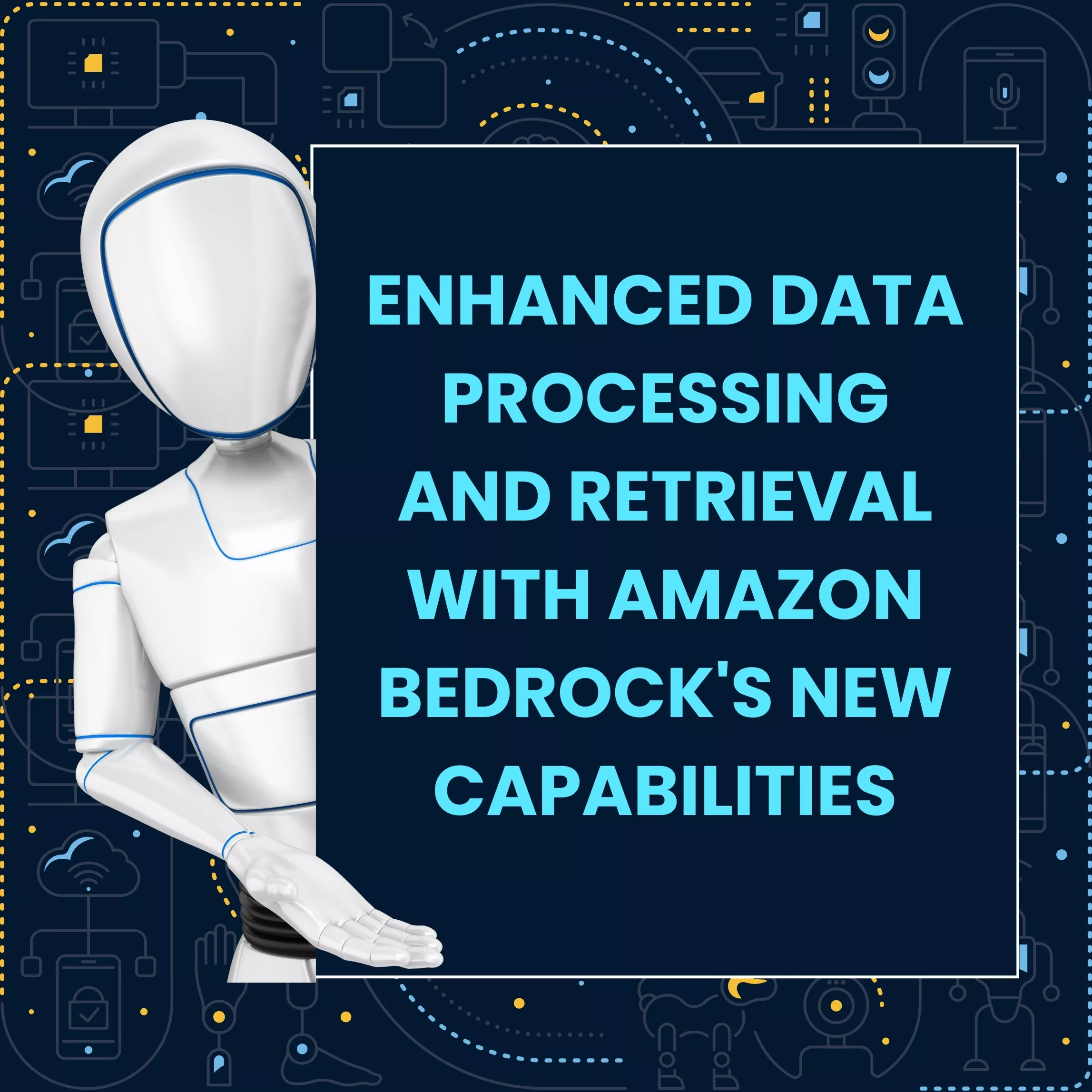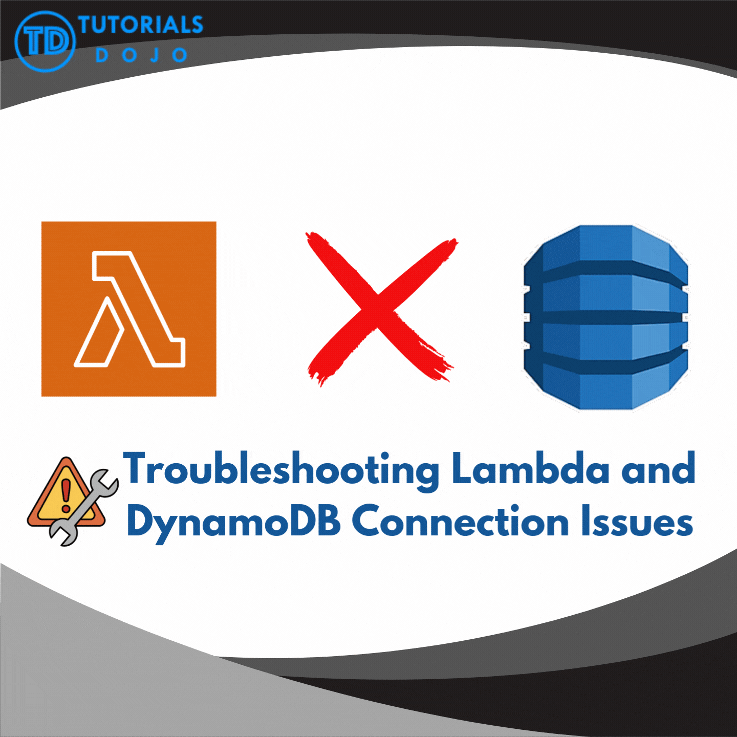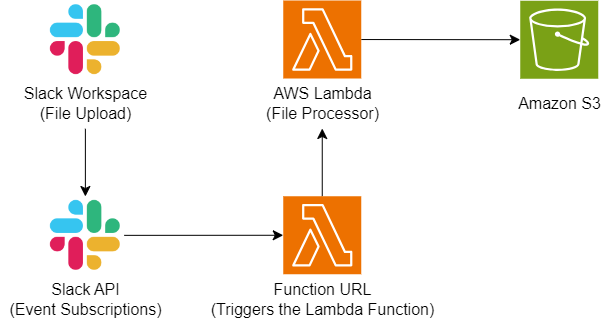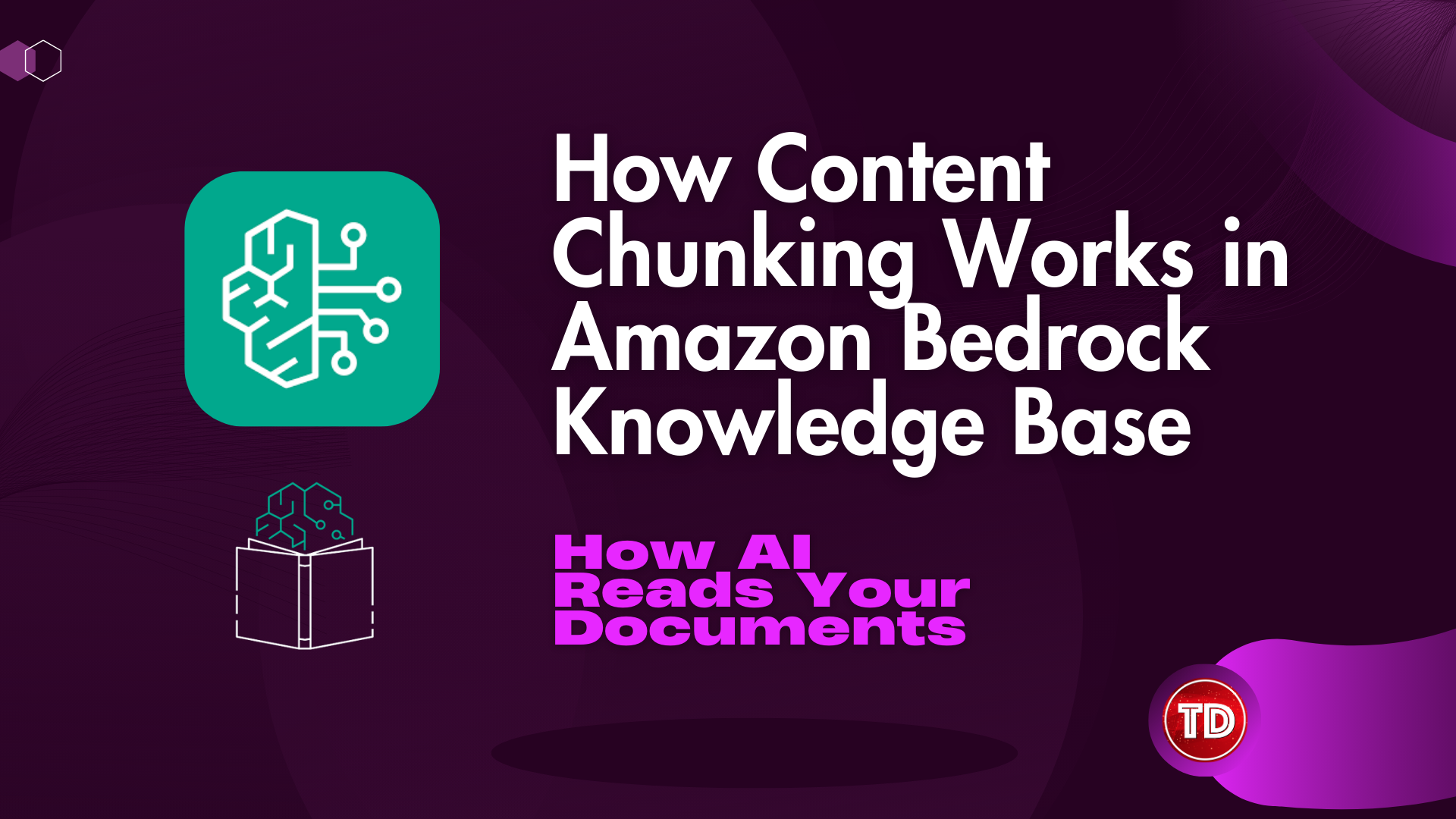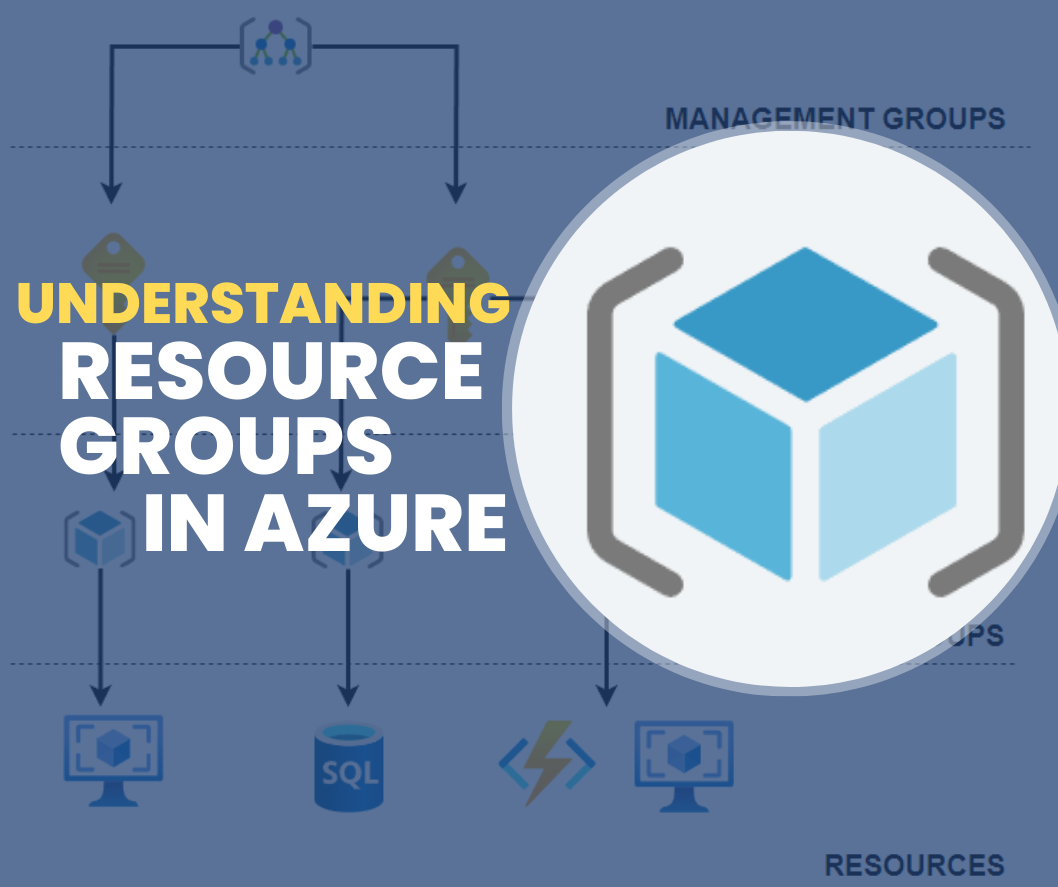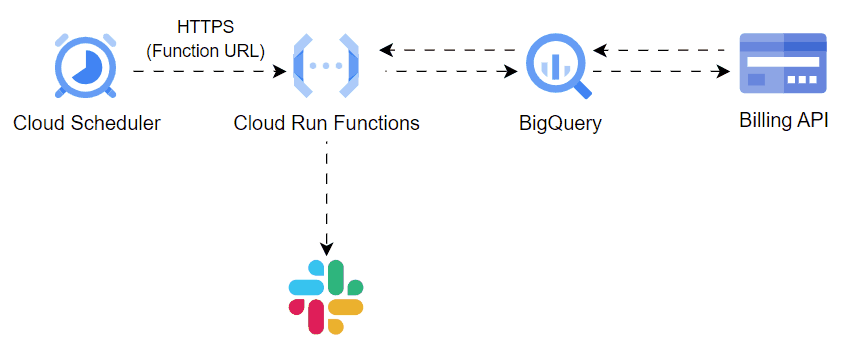Commanding Genomics: AWS CLI for Bioinformatics Workflows
Samantha Servo2025-03-24T12:46:48+00:00“This is becoming more troublesome…” I can hear you mumble as you move your mouse to click on the different AWS services you need in the console. As time goes by, it can get tiresome to keep on clicking things for your workflow instead of doing them in just one place. You can streamline this process with the AWS CLI! Knowing not only how to work with AWS Console, but also the AWS Command-Line Interface will help you up your bioinformatics workflow! What is AWS CLI? According to their official website, “The AWS Command Line Interface (AWS CLI) is an [...]


